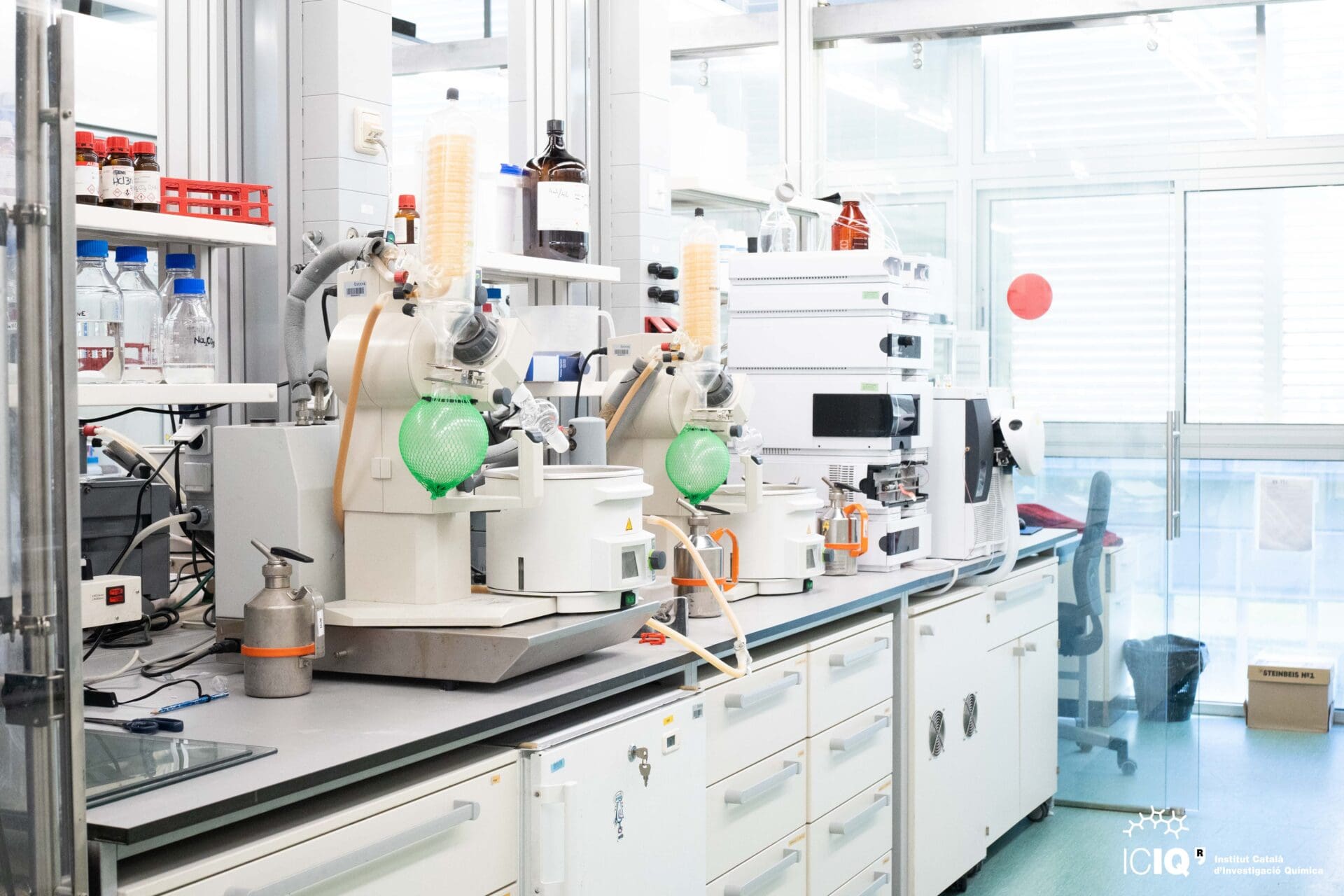ERTFLOW kicks off
4th February 2016 – “ERTFLOW is a technology development unit generated by the research group of Prof. Miquel Pericàs to develop and implement technical solutions in process intensification. Ertflow aims at developing propietary technologies related to catalysis and flow chemistry and offering products and services to the fine chemical, pharmaceutical and biotechnological industries for the production of new high added value products and processes under flow conditions.

ERTFLOW Laboratory
Batch processing, the most usual production scheme in the pharmaceutical and fine chemical industries, presents important disadvantages such as low intensification, waste generation problems in scale-up and risks associated to large volumes. Flow techniques solve most of those problems and present a series of advantages -increased heat transfer, faster mixing or flexible production among others- that make them a very convenient alternative for the production of organic compounds.
“In ERTFLOW, our main goal is to provide innovative and high quality solutions for life sciences and chemical industry problems by means of our wide range of catalysts immobilized and nanoparticles. We aim to be the partner of choice for custom synthesis and process development with immobilized catalysts and functionalized nanoparticles, and become the company that guides the biotechnology, pharmaceutical and fine chemicals sectors in the paradigm shift from batch to continuous flow processes” -says Dr. Esther Alza, ERTFLOW manager.
There is a wide market niche that can benefit from these services and products, especially the fine chemical, pharmaceutical and biotechnological industries.
“I imagine a future in which the synthesis will mostly leave the batch production to move to flow production. Over the last years our research group has worked in the development of catalytic and enantioseletive flow versions of the most relevant processes for organic synthesis. Our laboratory at ICIQ has been pioneer in this effort being recognized as one of the leaders in the field. Now, ERTFLOW will work to convert these contributions in industrially applicable processes” -says Prof. Pericàs.
Related news

Let's create a brighter future
Join our team to work with renowned researchers, tackle groundbreaking
projects and contribute to meaningful scientific advancements






 19-02-2025
19-02-2025 















